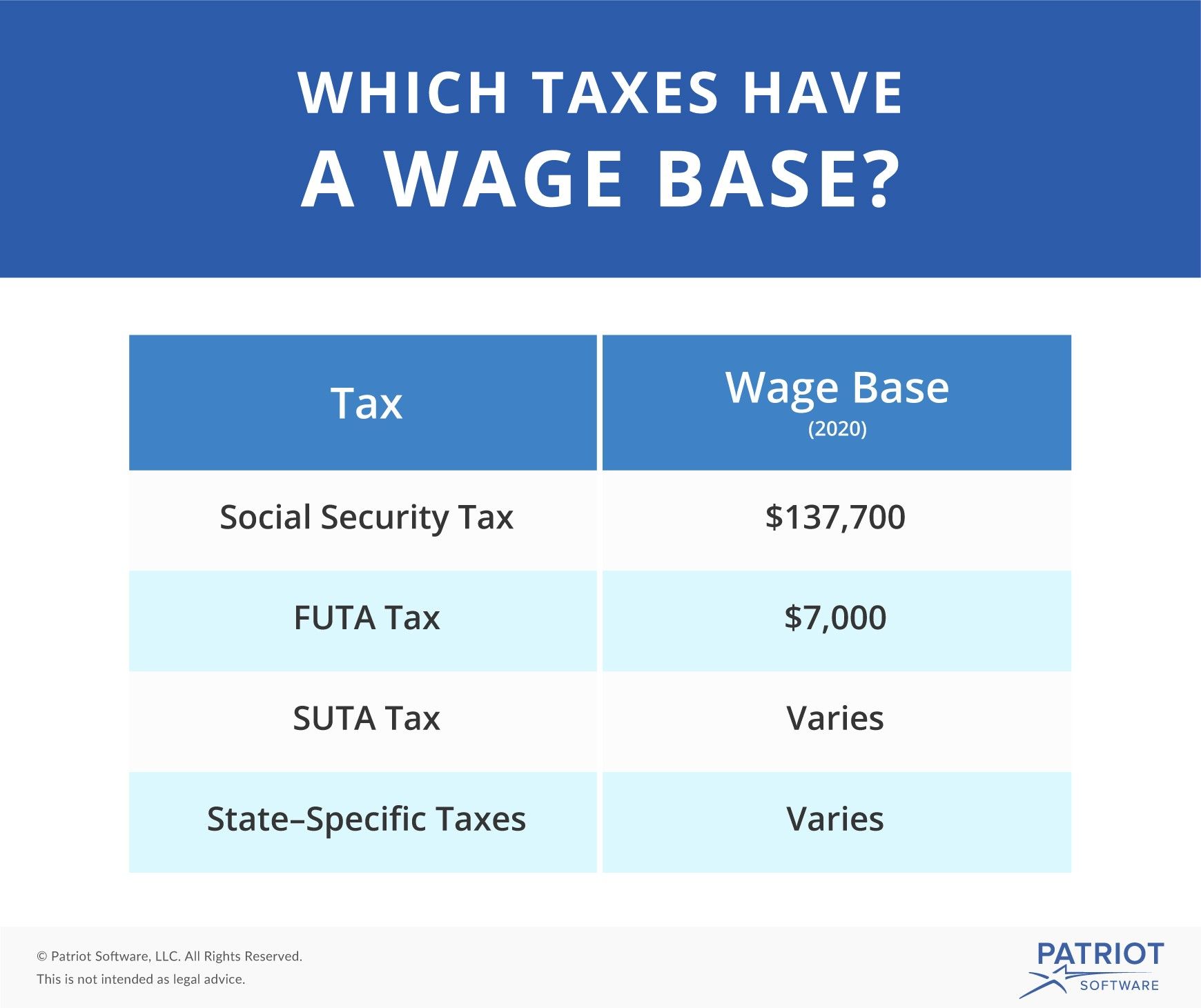Understanding The Tax Base: A Comprehensive Guide
What is tax base? This is a common question that many people have when it comes to understanding the intricacies of taxation. In simple terms, the tax base refers to the total amount of assets, income, sales, or any other economic activity that is subject to taxation by the government. It serves as the foundation for determining the tax liability of individuals, businesses, and other entities. Understanding the concept of tax base is crucial for taxpayers and policymakers alike, as it directly impacts the amount of tax that is owed and the overall structure of the tax system.
When it comes to taxation, the tax base forms the fundamental element upon which taxes are levied. It provides the framework for calculating the tax liability of individuals and businesses. The broader the tax base, the lower the tax rate can be, while a narrow tax base often requires higher tax rates to generate the necessary revenue for the government. As such, the tax base plays a significant role in shaping tax policies and determining the overall fairness and effectiveness of the tax system.
Furthermore, the tax base is not limited to income or assets alone. It can also include consumption, property, and various other economic activities that are subject to taxation. Understanding what constitutes the tax base is essential for both taxpayers and policymakers to ensure compliance with tax laws and to make informed decisions regarding tax planning and policy development.
What Factors Constitute the Tax Base?
When exploring the concept of tax base, it is important to consider the various factors that contribute to its determination. The tax base can encompass a wide range of economic activities and assets, including:
- Income from wages, salaries, and investments
- Profits generated by businesses
- Sales of goods and services
- Property ownership and real estate
- Consumption and spending
How Does the Tax Base Impact Taxation?
The size and composition of the tax base have a direct impact on the overall structure of the tax system. A broader tax base allows for lower tax rates, as the tax burden is spread across a larger pool of economic activities and assets. On the other hand, a narrow tax base may necessitate higher tax rates to generate sufficient revenue for the government. Understanding the relationship between the tax base and tax rates is crucial for policymakers when designing tax policies that are equitable and efficient.
Why is the Tax Base Important?
The tax base serves as the cornerstone of the tax system, influencing the distribution of the tax burden and the overall revenue generated for public services and government operations. It also plays a critical role in shaping economic behavior, as taxpayers may adjust their activities in response to changes in the tax base and tax rates. As such, understanding the implications of the tax base is essential for taxpayers, businesses, and policymakers to make informed decisions and effectively navigate the complexities of taxation.
What is the Role of the Tax Base in Policy Development?
When formulating tax policies, policymakers must carefully consider the implications of the tax base on revenue generation, economic efficiency, and equity. By evaluating the composition and size of the tax base, policymakers can design tax systems that are conducive to economic growth, fair distribution of the tax burden, and effective resource allocation. Understanding the role of the tax base in policy development is essential for creating tax laws that are both effective and equitable.
How Can a Broad Tax Base Benefit the Economy?
A broad tax base can contribute to a more stable and resilient economy by reducing reliance on specific sources of revenue and minimizing the distortions created by narrow tax bases. By encompassing a diverse range of economic activities, a broad tax base can support sustainable revenue generation and mitigate the adverse effects of tax policy on economic decision-making. Understanding the potential benefits of a broad tax base is crucial for policymakers seeking to foster long-term economic growth and stability.
What Are the Challenges Associated with a Narrow Tax Base?
Conversely, a narrow tax base can present challenges in terms of revenue volatility, inequitable distribution of the tax burden, and potential distortions in economic behavior. When the tax base is limited to a small portion of economic activities, it can create vulnerabilities in the tax system and hinder the government's ability to raise sufficient revenue. Recognizing the challenges associated with a narrow tax base is essential for policymakers to address potential shortcomings and develop effective strategies for tax reform.
How Does the Tax Base Impact Tax Planning for Individuals and Businesses?
For individuals and businesses, understanding the tax base is crucial for strategic tax planning and compliance with tax laws. By assessing the components of the tax base that are relevant to their financial activities, taxpayers can make informed decisions to minimize their tax liability while adhering to legal requirements. The tax base serves as a fundamental consideration in tax planning, influencing the structuring of income, investments, and expenditures to achieve optimal tax outcomes.
What Role Does the Tax Base Play in International Taxation?
In the context of international taxation, the tax base takes on added complexity due to cross-border transactions, foreign investments, and multinational business operations. Understanding how the tax base is determined in different jurisdictions is essential for businesses and individuals engaged in international activities to ensure compliance with tax laws and avoid potential conflicts. The tax base serves as a focal point for addressing the challenges and opportunities presented by international taxation.
The Intriguing Story Of Albies Contract
Peter Reilly Emily Compagno Husband: A Closer Look At Their Relationship
Eric Wynalda First Wife


